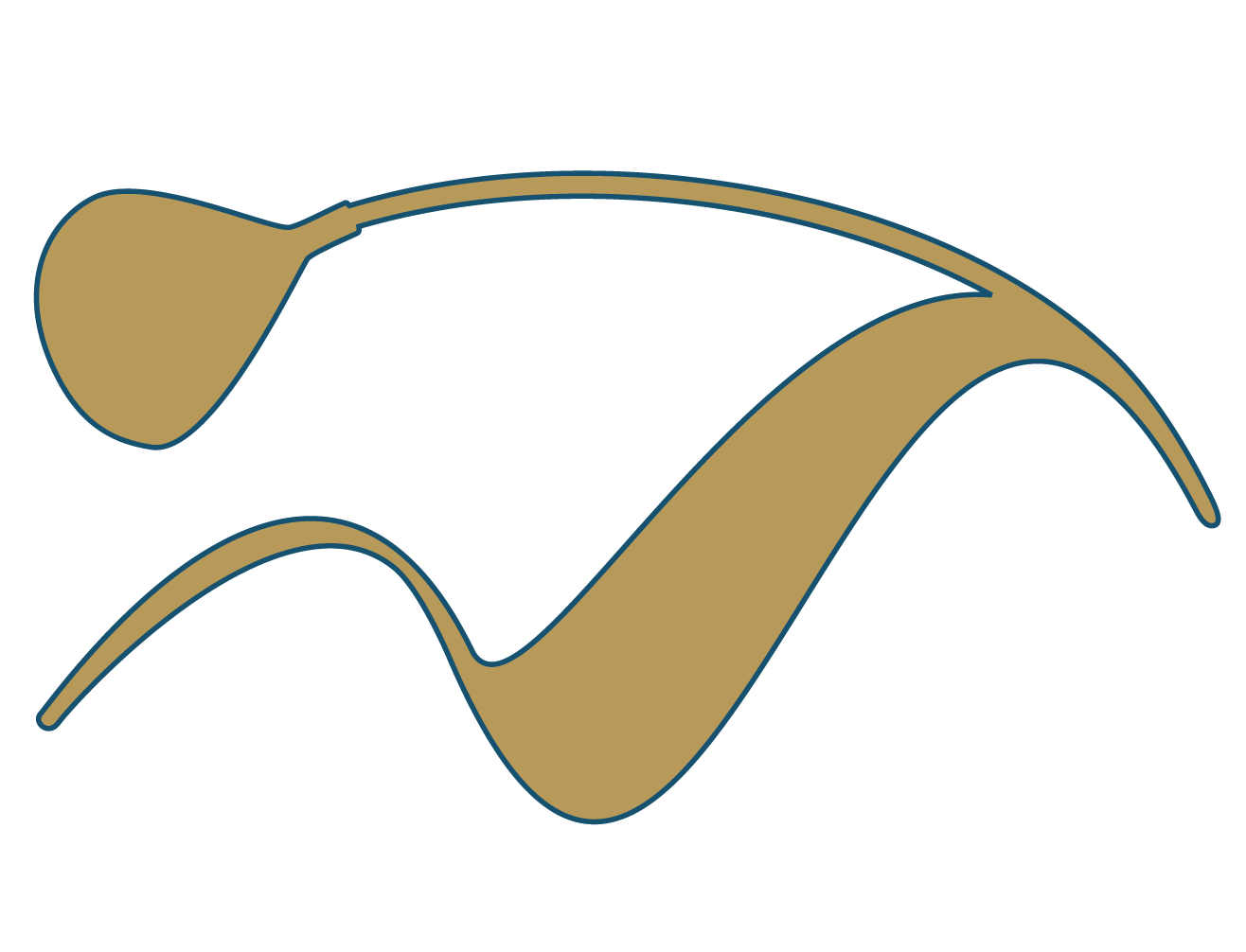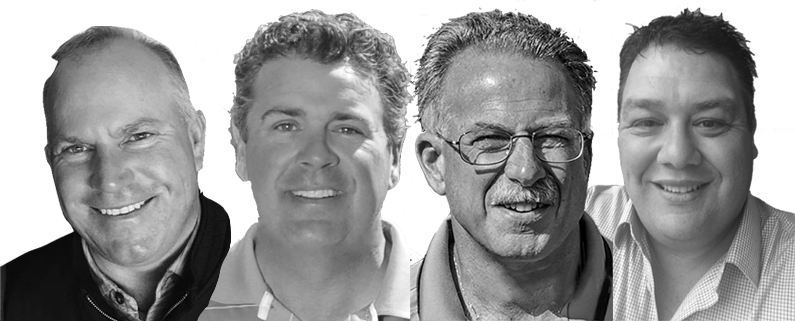Using The Body's Three Energy Systems For Golf The human body needs energy to move and do things. The human body has three energy systems that are used to generate the energy used by the body for different daily activities. It is important to note that these energy...
Recovery Strategies
Recovery Strategies
In my last post I spoke about the often overlooked part of a golf training program, recovery. Four areas were mentioned in the post and I promised that I would give you some strategies that you could use for each area to give you the best possible chance of including effective recovery as part of your golf training program. The four areas that need to be addressed in a recovery program are hydration, fuelling, physical and psychological recovery. Below you will see some easy to use approaches that you can use in your own golf training.
Hydration is arguably the most important area as just a 1% drop in your hydration levels will negatively impact on your golf performance. Replacing the fluid lost during a round of golf is extremely important if you are playing several days in a row so it needs to be part of your recovery program. A simple way to monitor your fluid levels is to check your weight prior to and after your round of golf. Every kilogram of weight you have lost during the round is 1 litre of water you need to replace after the round. You need to replace a little more than what you have lost during the round to allow for urination so as a general rule you should replace 150% of what you have lost during the round. This means that a golfer who weighs 80kg prior to a round and 78kg after a round needs to drink three litres of water after the round to ensure they are fully hydrated for the round the next day.
Fueling is the next part of recovery and as golf is not as physically taxing as some other sports and is played at a pace that allows for snacking to occur on the course this is not as large an issue as it may be with some other sports. That being said it is important that you eat a balanced diet and fuel your body with healthy meals prior to and in between rounds. Lean protein and vegetables are a great evening meal between rounds to refuel carbohydrate stores as well as being easy to digest. It is important to ensure you plan your meals as it is easy to get caught in the fast food trap, especially if you are traveling for an event. Make sure you have access to cooking facilities and appropriate sources of food to avoid unhealthy choices.
Physical recovery is something we all can relate to as we have all finished a round at some stage and felt stiff, sore and tired. The easiest way to deal with this soreness is with massage and a qualified masseuse can be very beneficial in aiding recovery between rounds. Unfortunately, we can’t all afford to have such a person on call so there are a variety of self-massage techniques you can use. You can access self-massage strategies using foam rollers by clicking here or spikey balls by clicking here. Massage can also be used in conjunction with hydrotherapies such as hot and cold immersions to ensure a well-rounded physical recovery strategy is maintained. By alternating between a hot shower for one to two minutes and a cold burst for 30 seconds you will assist the recovery process. The shower also provided an ideal environment for self-massage.
The final area is psychological recovery. This is an area that is often unknowingly completed by golfers but it is often done very poorly. Most golfers will finish a round and retire to the clubhouse with their playing partners to relive the round and talk about all the shots that got away and the bad shots that they played. This discussion is a good thing but the focus on the bad shots is only going to make it easier to replay the same shots during the next round. A golfer needs to debrief after a round and “complete” the round from a psychological point of view. This can be done very effectively by using a debriefing work sheet (click here to find an example of one that I use). This sheet can then be used to start a conversation with your coach, playing partners or other friends. Once this conversation is over the player needs to get rid of the sheet (sometimes I have players rip them up!), focus on the positives of the round and refocus on the game plan for the next round.
Hopefully the above information gives you some help when you are next facing a tournament with golf on several consecutive days.
Until next time,
Brent Davis
Sources: TPI, Brent Davis Golf, Perform Better

Brent Davis
PGA Professional
Training & Education Coordinator
PGA Centre For Learning Performance
Melborne, Victoria, Australia
Email: [email protected]
Fitness Archives
Using The Body’s Three Energy Systems For Golf
Recovery Strategies
Recovery Strategies In my last post I spoke about the often overlooked part of a golf training program, recovery. Four areas were mentioned in the post and I promised that I would give you some strategies that you could use for each area to give you the best possible...
TEAM MFG BLOG
Subscribe
Never miss a new post, article, or video!
Subscribe to our newsletter Chip Shots!






